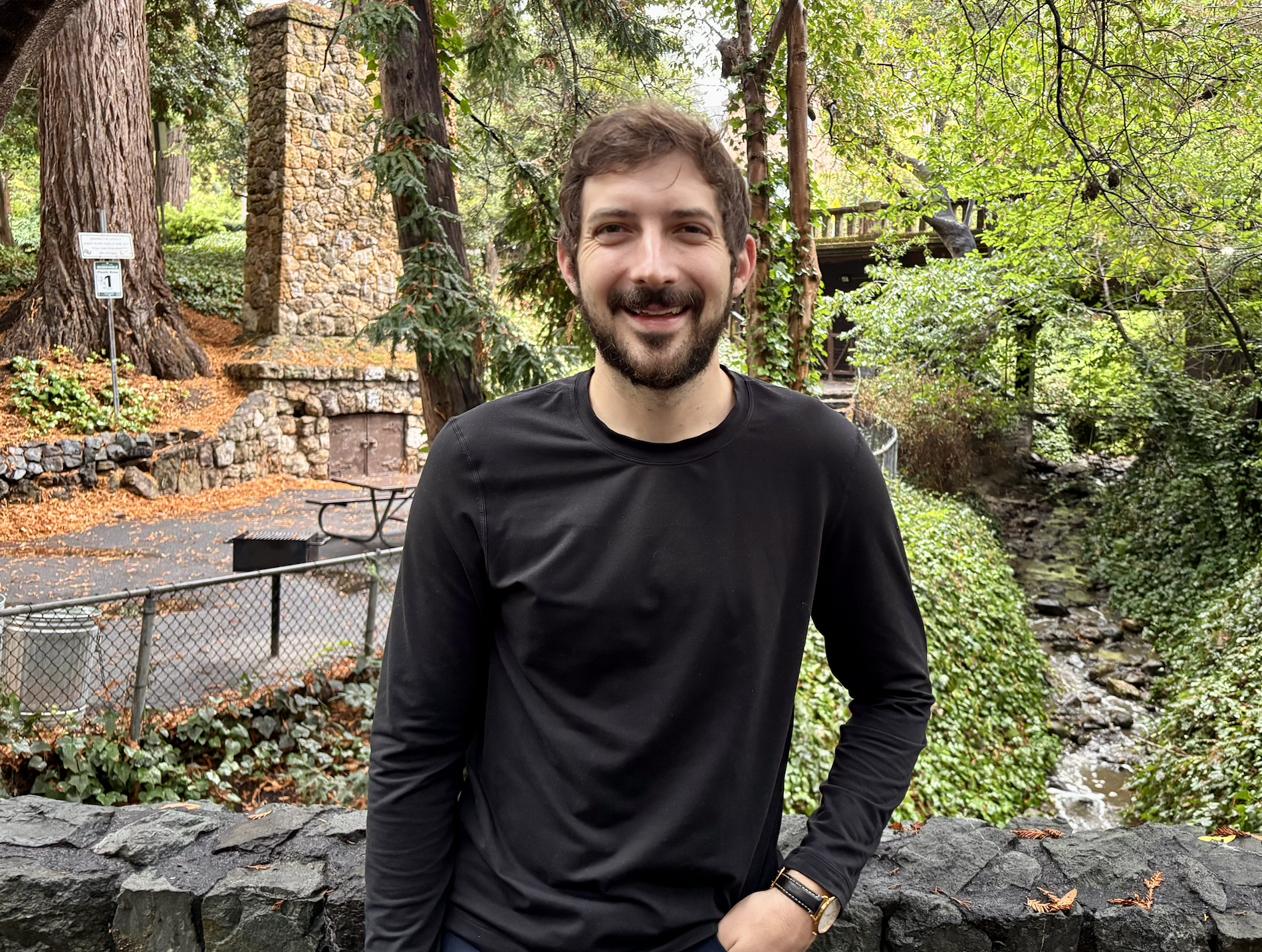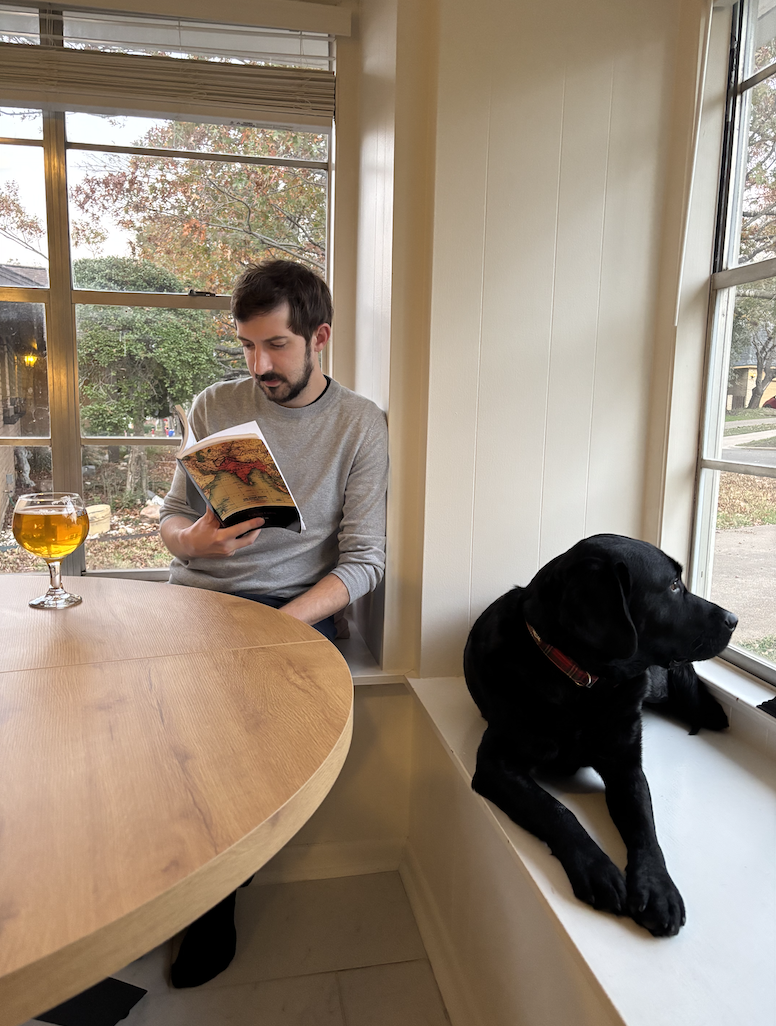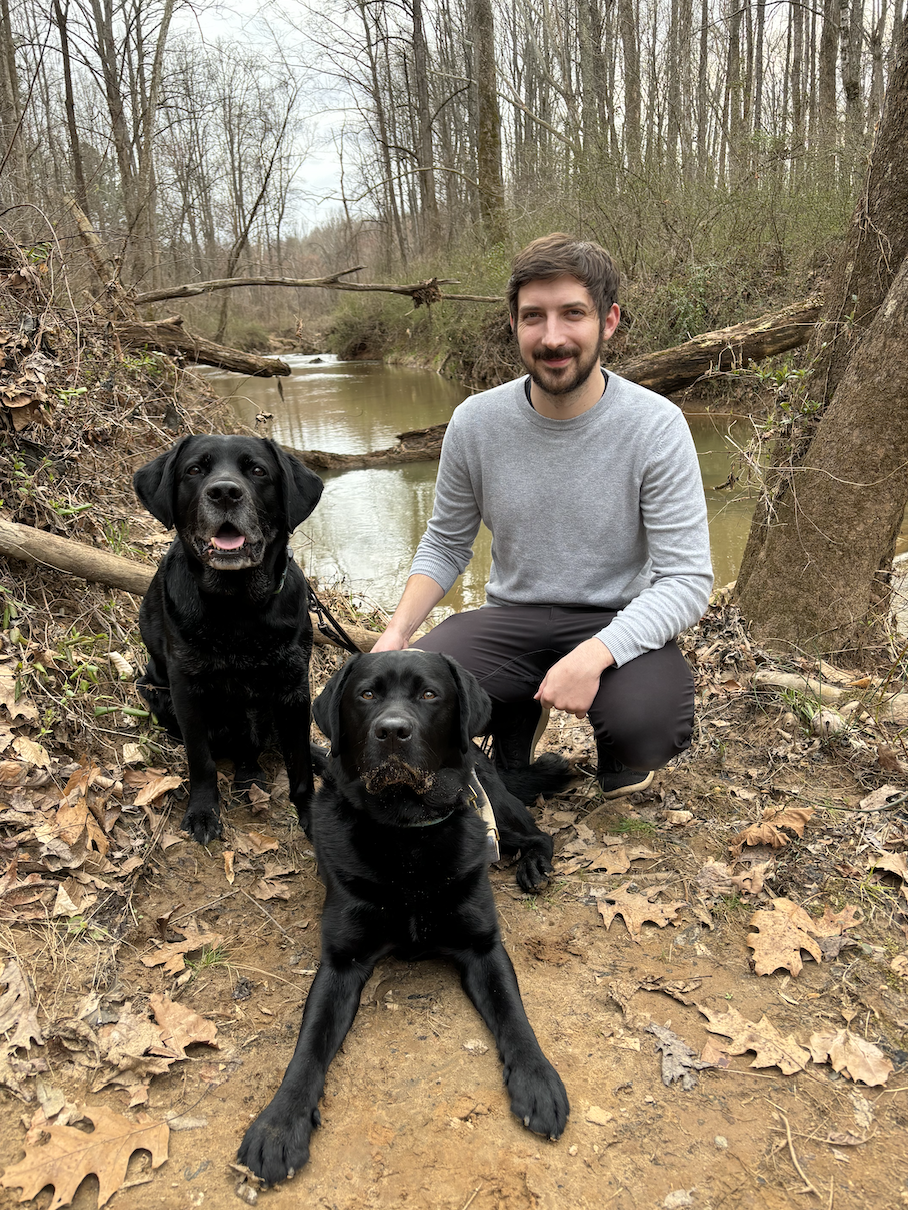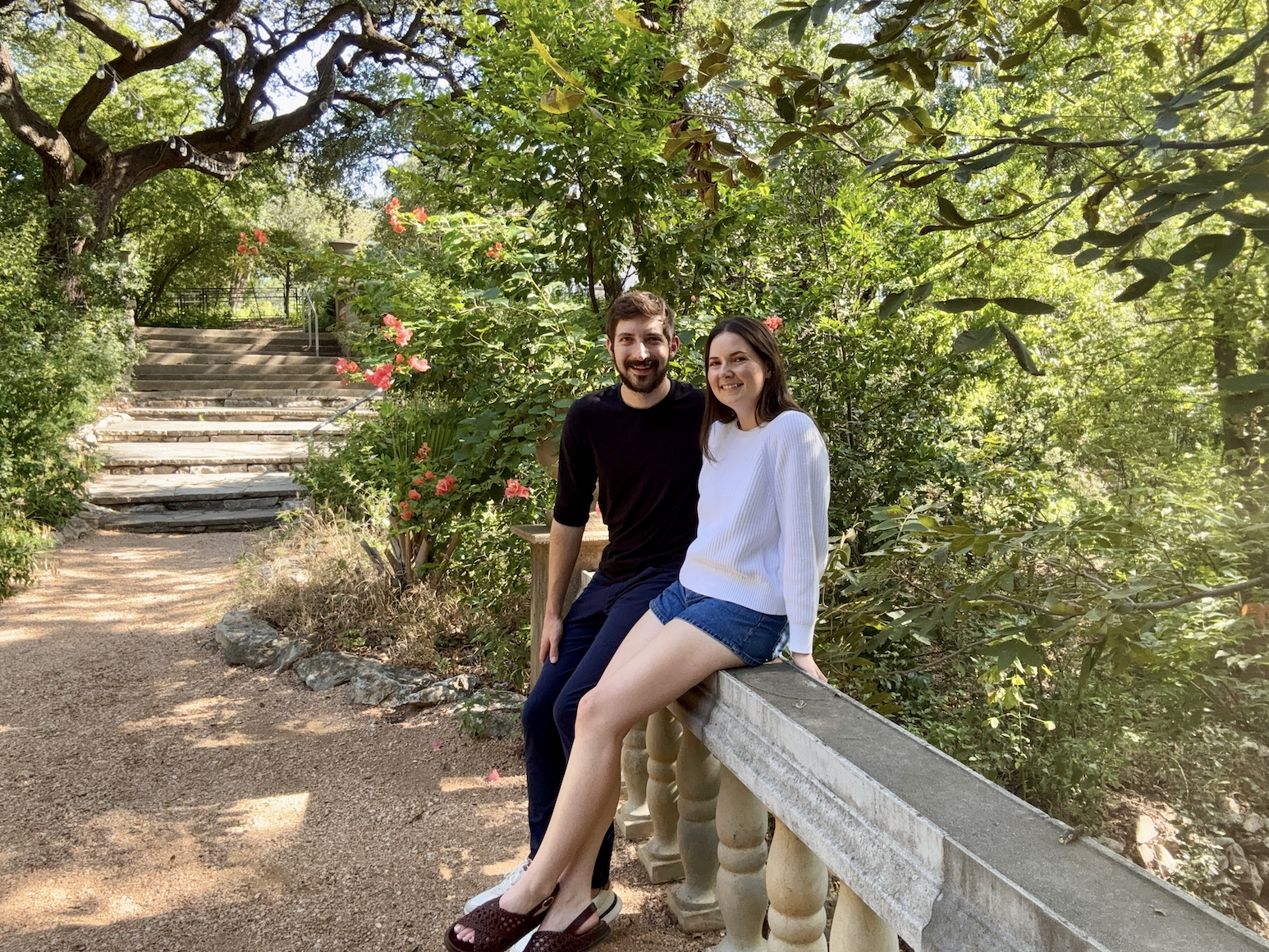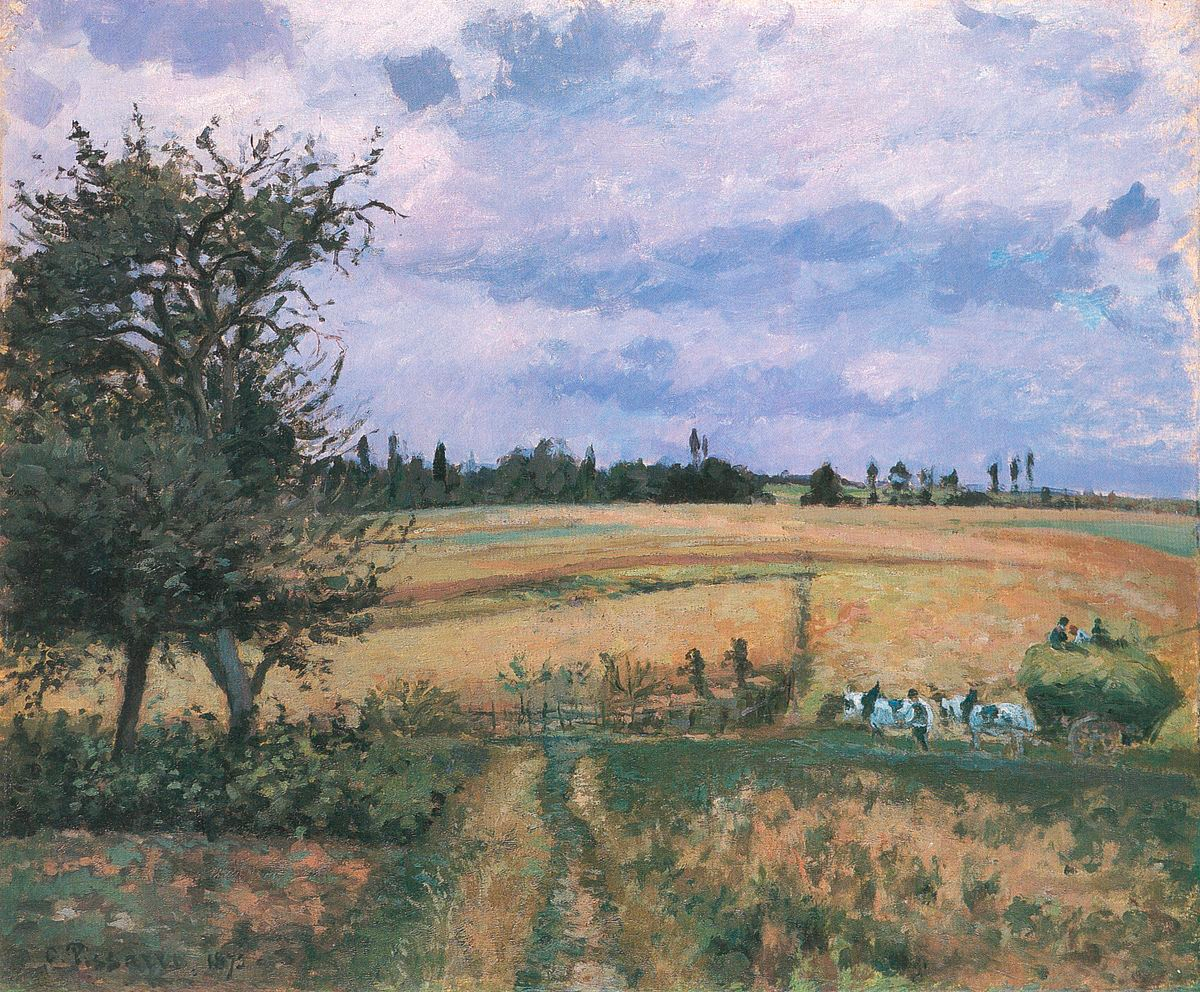
I’m an economic and financial historian, with a particular focus on the history of finance and technology in Britain and its Empire during the long nineteenth century. My research and teaching spans widely, covering the history of Modern Europe and European Colonialism since the 1700s, Global Economic History, and the Histories of Technology and Quantification. I’m currently an assistant professor in the history department at Baylor University, but previously held multiple post-doctoral fellowships at the University of Virginia, where I first taught in the interdisciplinary liberal arts Engagements Curriculum, and then taught in the finance area at UVA’s McIntire School of Commerce. I received my PhD in Modern European History from the University of California, Berkeley.
My first book project, The Infrastructures of Finance: The London Stock Exchange and the Making of the Modern Financial System, 1801–1914, examines the hidden technical networks and often-overlooked workers that underpinned the rapid expansion of global finance in the nineteenth century. It shows how Britain’s dominance in global finance rested not only on elite financiers, but also on the infrastructures—the technologies, processes, and labor—that enabled the financial system to work in the first place.
Moral Arbitrage: The British Financialization of American Slavery, my second book project, explores how the abolition of slavery in the British Empire after 1833 redirected British financial capital to slave societies abroad, particularly the U.S. South, Cuba, and Brazil. It traces how investments tied to enslaved people reshaped plantation management and circulated within European markets, and how financiers sought to justify—or obscure—these investments to a British abolitionist public at home.
I’m deeply committed to interdisciplinary research and teaching. At the University of Virginia, I taught courses on finance, society, and ethics in the business school, and taught classes on finance and quantification in the interdisciplinary liberal arts core curriculum. These classes aimed to demonstrate to STEM and Business students how the humanities could both critically sharpen the ways they engaged with quantitative evidence and better understand the broader social impact of the work they engaged in. Alternatively, these classes helped introduce humanities students to the critical interpretation and deployment of quantitative methods. I do not believe that the best thinking happens within disciplinary silos. As such, I frequently find myself in conversation with financial economists, sociologists, and art historians just as much, if not more, than traditional historians.
Outside of academia, I try to convince my friends to play overly complex board games with me. In a former life, I was a classical trumpet player. I'm originally from Omaha, Nebraska, and I spend my time with Isabelle and our sweet dog, August.
